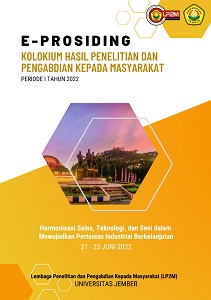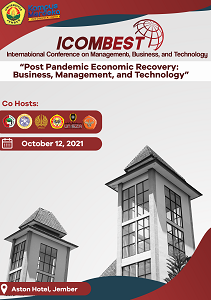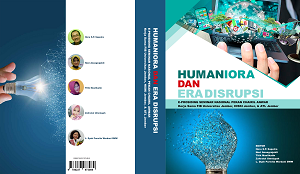CHALLENGES OF PALLIATIVE CARE IMPLEMENTATION IN RURAL AREA OF ASIAN COUNTRIES: A SCOPING REVIEW
Abstract
Background: Palliative care is essential for improving the quality of life of patients with life-limiting illnesses. However, rural areas in Asian countries face numerous barriers to implementing effective palliative care services due to geographic, systemic, and sociocultural factors This scoping review aimed to explore the challenge implementation palliative care in rural areas of Asian countries based on WHO six building blocks. Methods: This scoping review employed Arksey and O’Malley’s framework and PRISMA-ScR guidelines. A systematic search was conducted in Scopus, PubMed, and CINAHL databases, yielding 210 records. After screening and applying inclusion criteria, 12 articles published between 2015 and 2025 were included. These studies covered rural settings in India, Indonesia, China, Nepal, the Philippines, Bangladesh, and Kazakhstan. Data were synthesized using WHO’s Six Building Blocks of health systems as an analytical framework. Results: The analysis revealed critical challenges including fragmented service delivery, shortage of trained healthcare professionals, weak health information systems, limited access to opioids and essential medicines, financial barriers, and inadequate governance. Cultural issues, such as stigma surrounding death and reliance on family caregiving, further impeded palliative care access. Some innovative approaches, like community-based models and telehealth interventions, showed promise in overcoming these challenges. Conclusion: Strengthening rural palliative care systems in Asia requires multi-level interventions focusing on workforce development, equitable financing, culturally sensitive service models, and robust governance. Future research should explore scalable, context-specific solutions such as integrating palliative care into primary health systems and leveraging digital health innovations to improve access in resource-limited rural settings.








